
‘Frida’ Documentary Explores Honest Expression Versus the Institutionalization of Art
Frida Kahlo speaks from beyond her grave about the institutionalization of art and culture and the dangers posed by intellectuals warming their precious asses.

Frida Kahlo speaks from beyond her grave about the institutionalization of art and culture and the dangers posed by intellectuals warming their precious asses.

More than just corporate propaganda, the subversive artworks in Severance hold a strange place in Lumon Industries’ ideological fabric.

‘Latinx Photography in the United States’ makes clear how many of the struggles from generations past continue to this day.

In Calling Memory into Place, art historian and cultural critic Dora Apel explores the relationship between collective and personal memory and place in a series of reflective essays that are by turns erudite and personal.
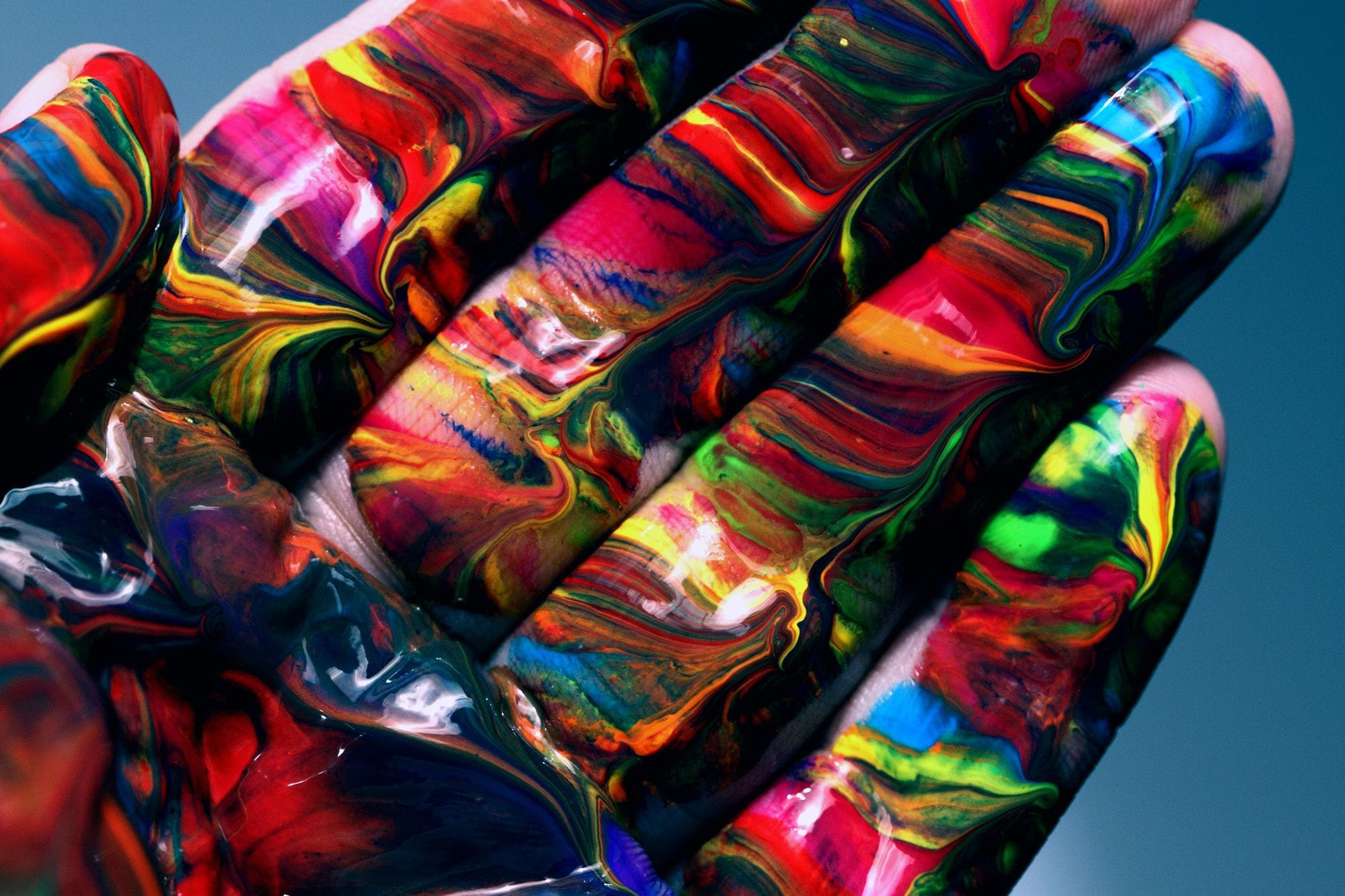
Philosopher and historian Diana Souhami's No Modernism Without Lesbians is a work of impeccable scholarship and a vibrant narrative about the essential and lasting philanthropy and patronage of the Arts by four remarkable lesbians.
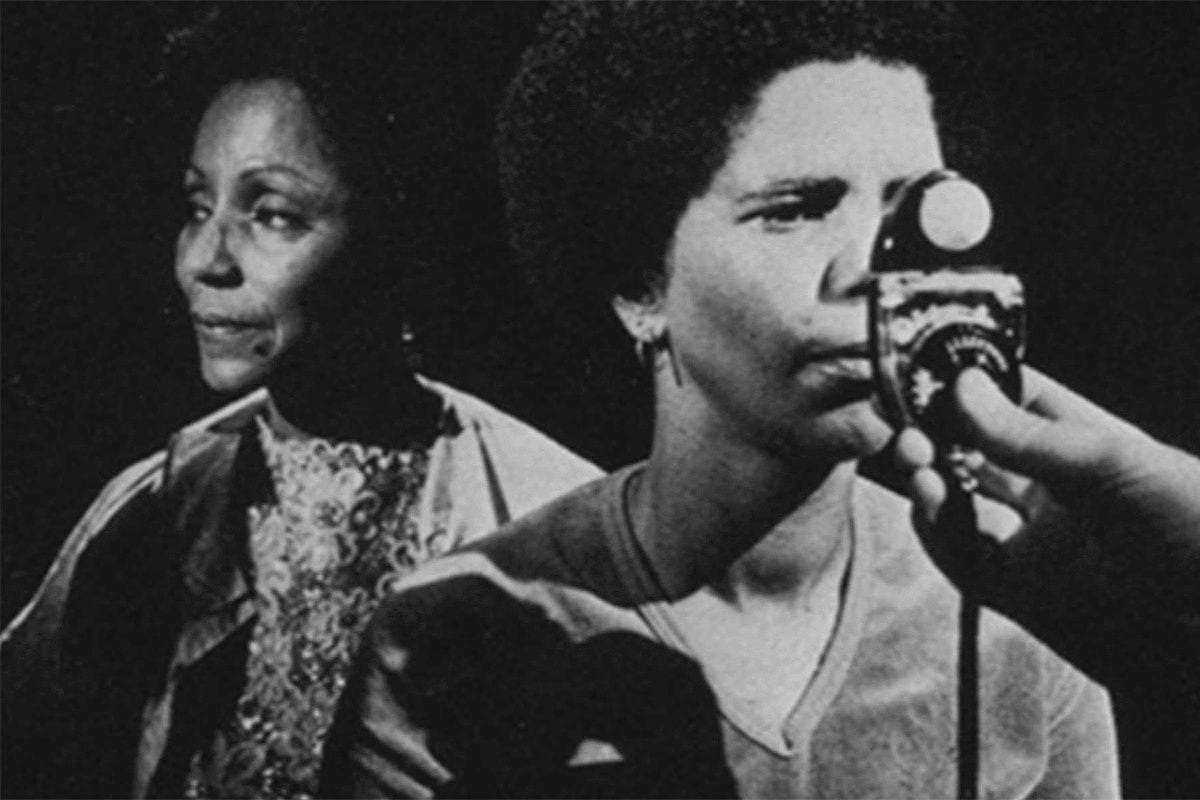
Camille Billops moved beyond predictable and well-tread ground to open up space for new narratives in her films—about Black families, Black women, and Black middle-class life—that pulled on her distinctive and unapologetic worldview.

If art is about the fostering and maintenance of traditions, then the Russians were proposing a kind of anti-art. An exploration of the exhibition catalog, Russian Dada 1914-1924.
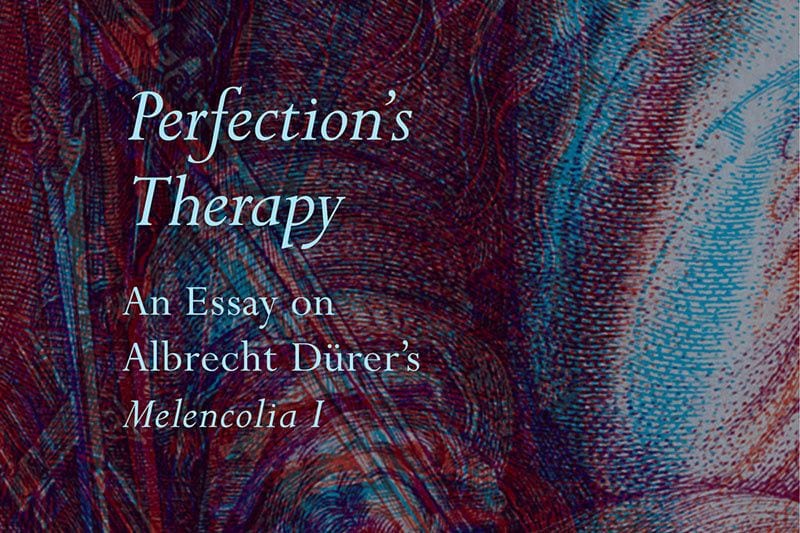
Mitchell B. Merback exploits the cryptic nature of Albrecht Dürer's Melencolia I in order to encourage deeper speculation into one's self and the manner in which one engages with the world through the oft-misunderstood condition of melancholy.
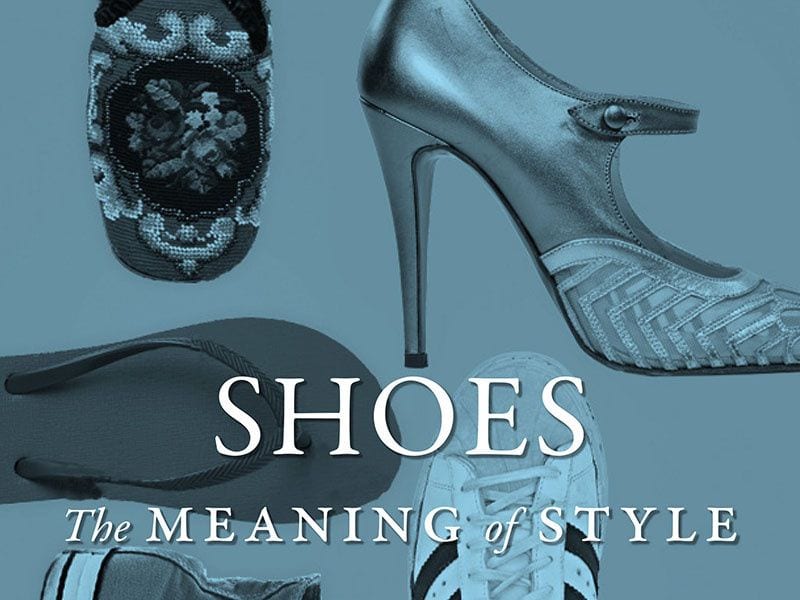
If you can't make it to the Bata Shoe Museum, then pick up this oddly thrilling explanation of things we already suspect about footwear.
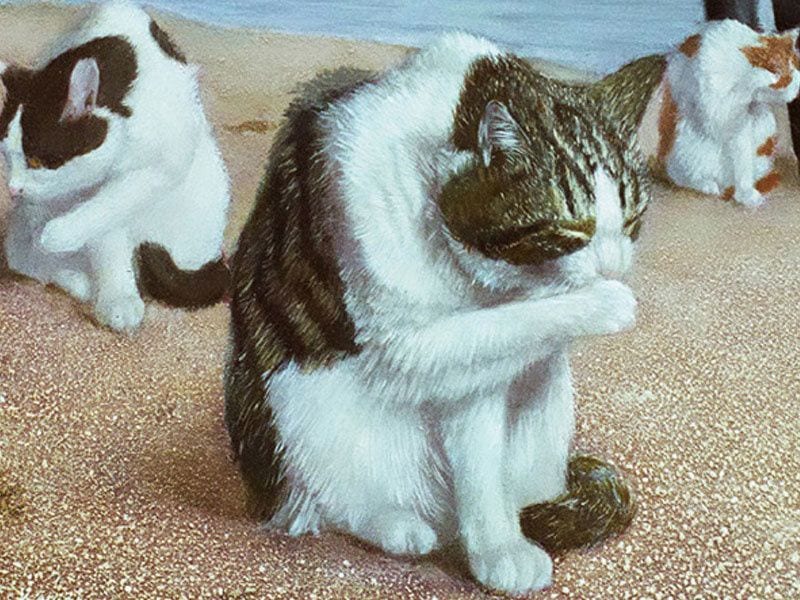
This new book examines both the role cats play in society and how that has been reflected in art but don't limit it to an "art book".

